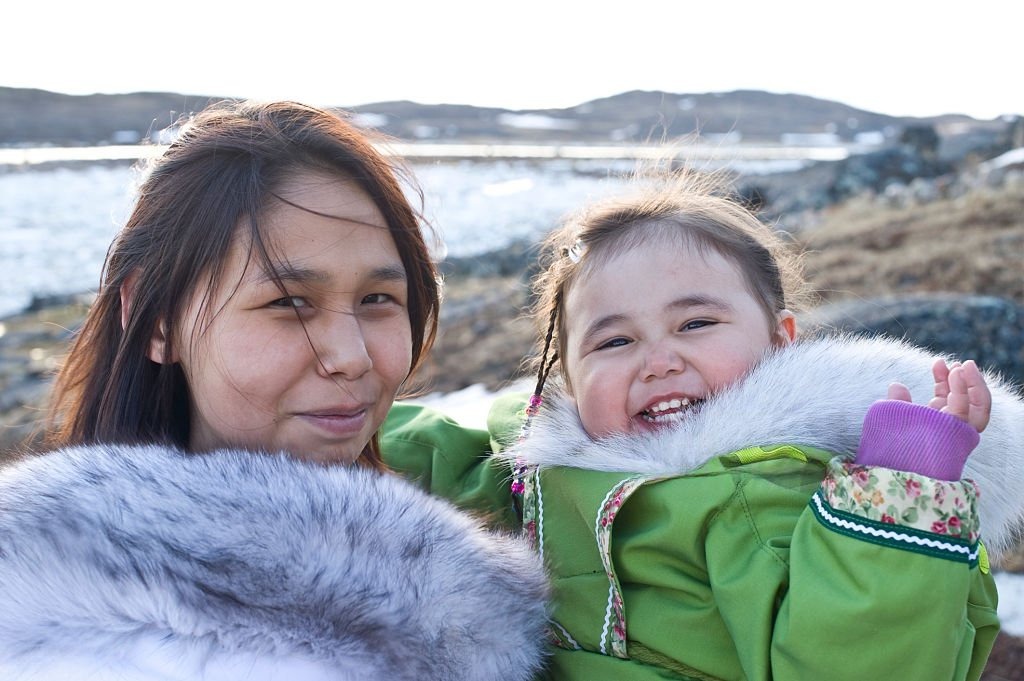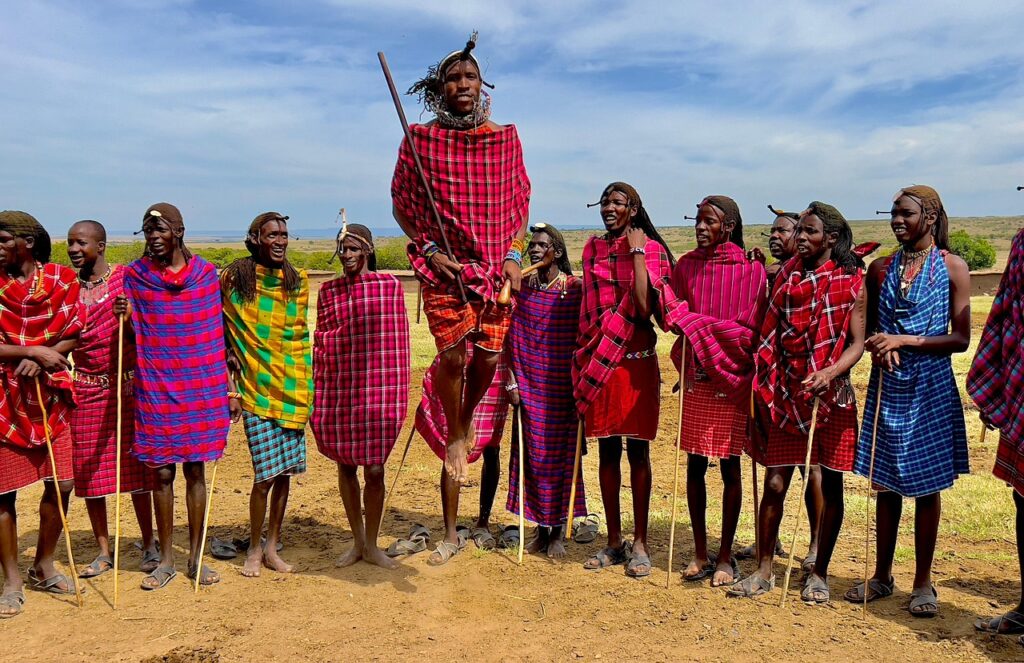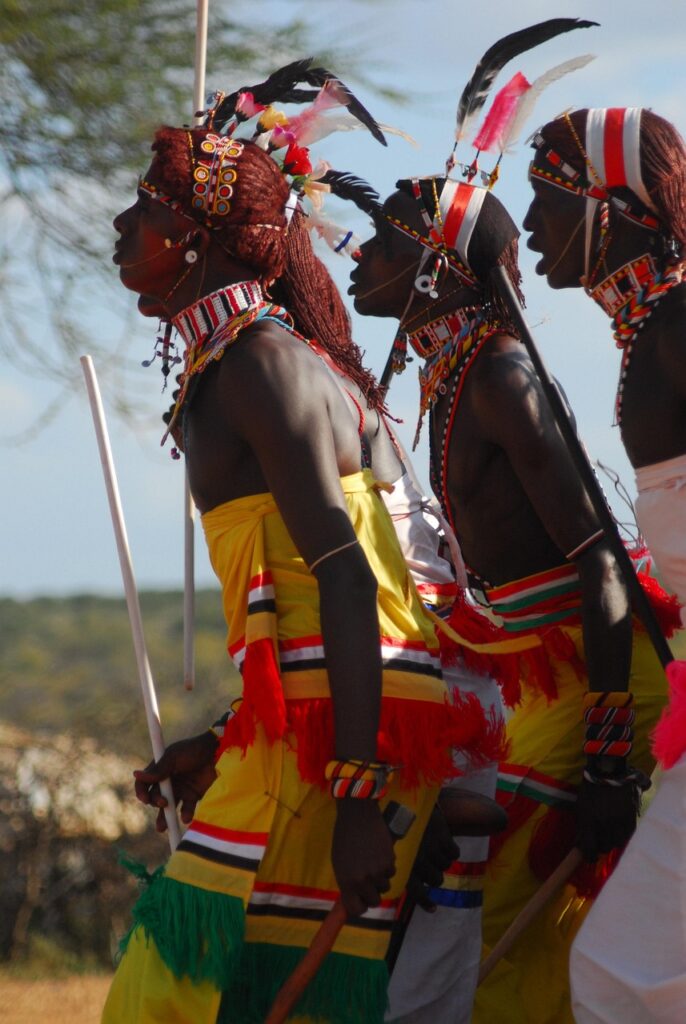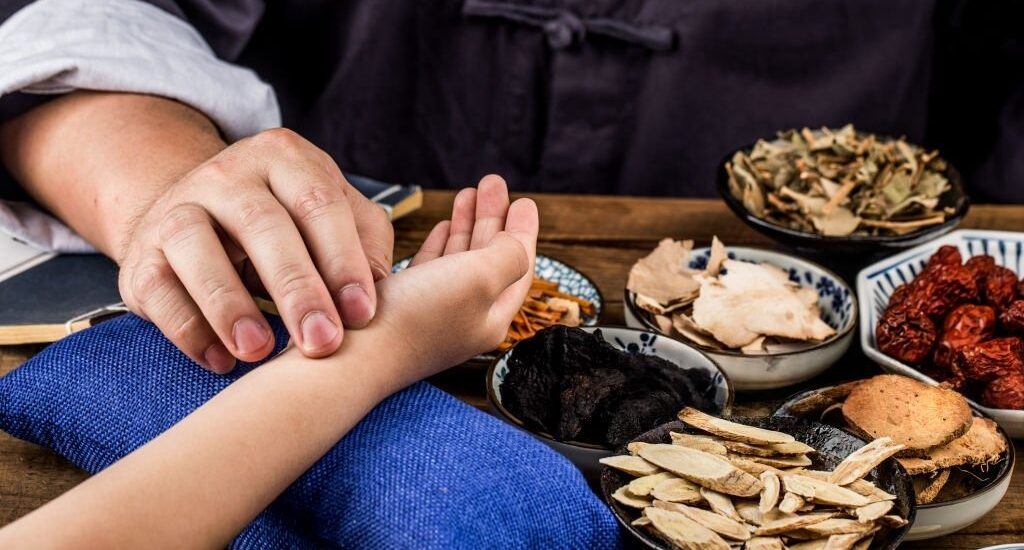In the fight against climate change, science and technology are often seen as the frontline solutions. Yet, across the globe, Indigenous peoples and traditional communities have been safeguarding ecosystems for centuries with knowledge passed down through generations. Today, their wisdom is proving essential in building a more resilient and sustainable future.
🧭 Lessons from the Arctic: Inuit Knowledge
For the Inuit peoples of the Arctic, survival has always meant reading the rhythms of ice, weather, and wildlife. Their knowledge of sea-ice thickness, animal migration, and changing winds has guided sustainable hunting practices for centuries. Now, scientists are working alongside Inuit hunters to monitor ice changes that satellites can’t always capture — a partnership blending tradition with modern science.

🐄 Pastoral Wisdom: The Maasai of East Africa
The Maasai of Kenya and Tanzania have long practiced rotational grazing, moving cattle in cycles to prevent overgrazing and allow grasslands to regenerate. This traditional system not only sustains their herds but also keeps ecosystems healthy. Today, conservationists are revisiting these practices as models for climate-smart pastoralism, reducing desertification and preserving biodiversity.

🌳 Forest Guardians: Amazonian Tribes
Indigenous peoples of the Amazon rainforest have managed forests for millennia through selective harvesting, agroforestry, and sacred conservation zones. These practices enhance biodiversity while keeping forests intact. Research shows that deforestation rates are significantly lower in Indigenous-managed lands compared to surrounding areas — proving that protecting rights to traditional lands is also a powerful climate solution.

🔄 Blending Tradition with Modern Innovation
Traditional knowledge is not about resisting progress — it’s about co-creating solutions. Increasingly, scientists, policymakers, and local communities are partnering to merge Indigenous wisdom with modern tools:
- Early-warning systems for floods that combine traditional forecasting with satellite data 🌊
- Agroecology projects that blend ancient seed-saving with climate-resilient crop science 🌾
- Community-based water management rooted in ancestral practices 💧
⚖️ Respect, Recognition, and Rights
For traditional knowledge to play its full role in climate action, three conditions are vital:
- Respect → Recognizing Indigenous knowledge as science in its own right.
- Recognition → Ensuring local voices are at the decision-making table.
- Rights → Protecting land, culture, and sovereignty of Indigenous communities.
Without these, traditional knowledge risks being appropriated rather than celebrated.
✨ Why It Matters
Climate change is not just a scientific challenge — it is also cultural, ethical, and generational. The wisdom of Indigenous and traditional communities offers proven, place-based solutions that the world urgently needs.
At SustainabilityUnscripted, we believe the path to a sustainable future must honor the knowledge of the past — weaving together innovation and tradition to face the climate crisis with courage and respect.







